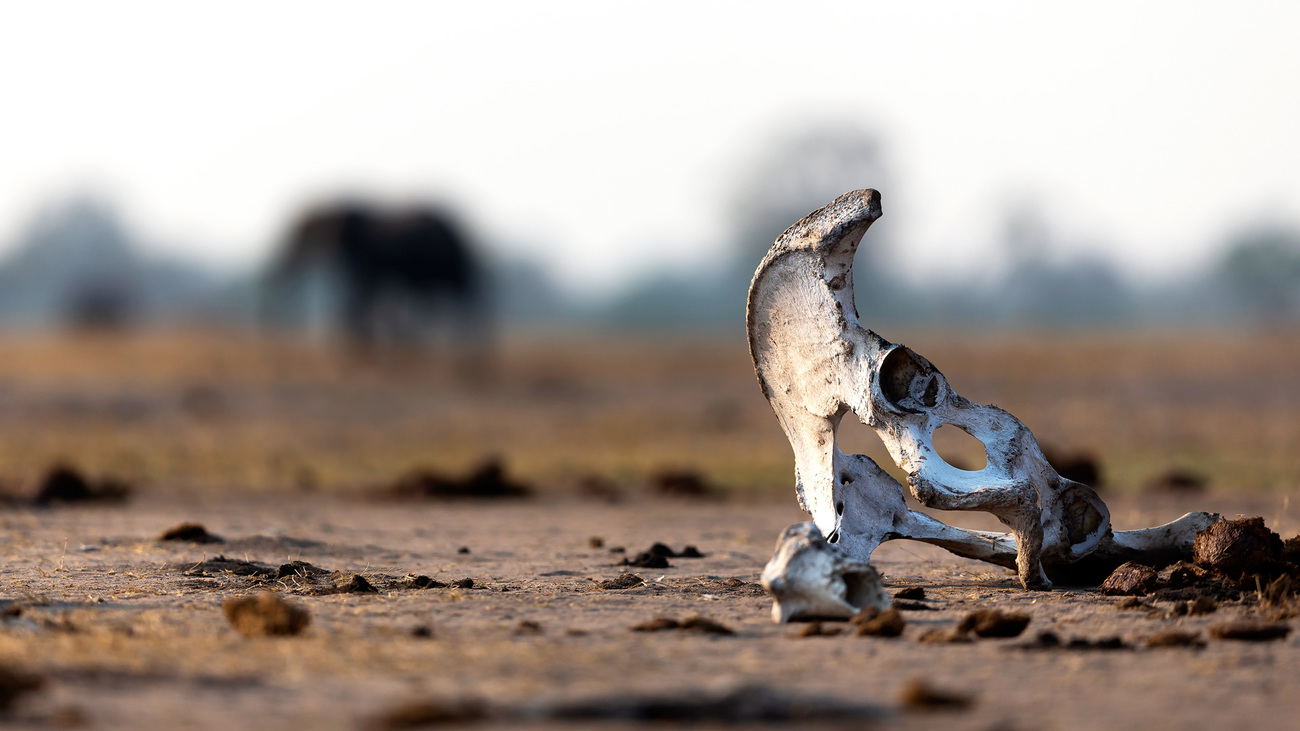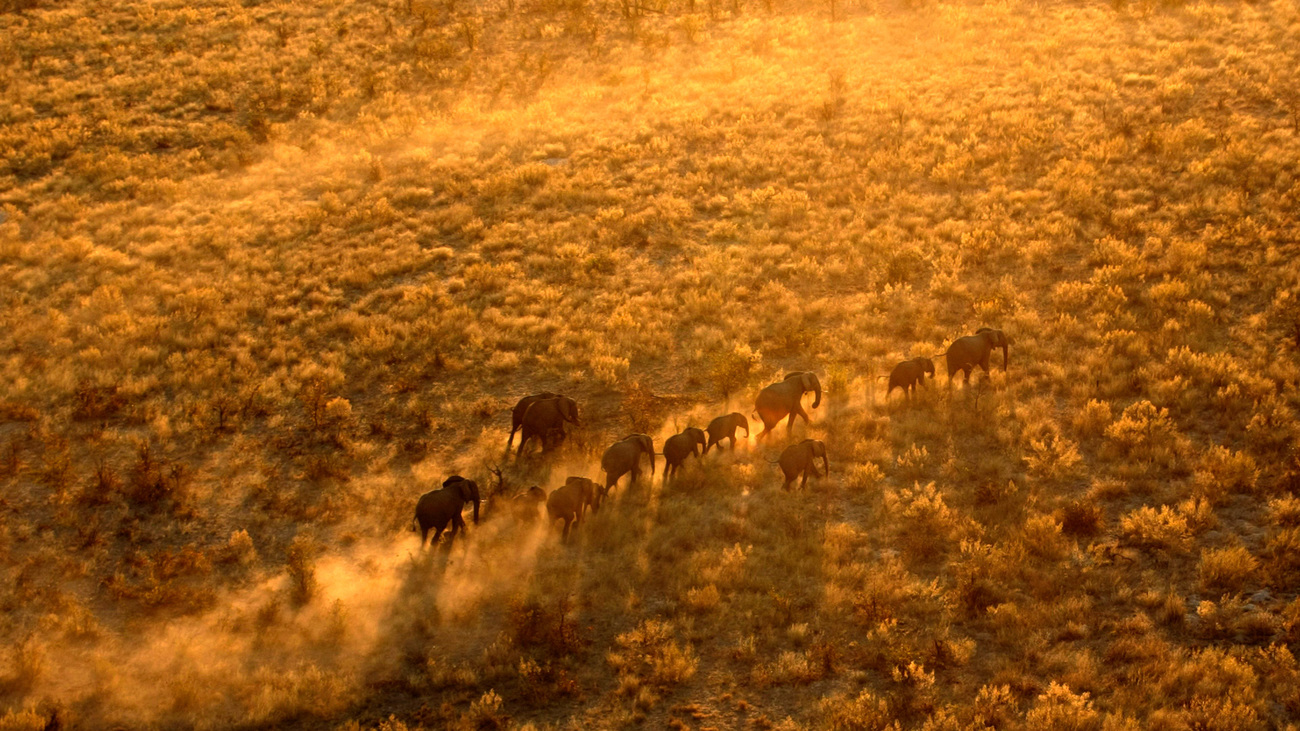despite Kenya’s worst drought in 40 years, communities are resilient
despite Kenya’s worst drought in 40 years, communities are resilient

In late November 2022, Amboseli received its first real downpour after four consecutive failed rainy seasons. The community received the rainfall with jubilation and cheers after a prolonged wait for what at last seemed like consistent rainfall. However, this joy was short-lived; despite the brief intermittent rains, nothing sprouted from the earth.
“The short rains weren’t enough in quantity and extent to facilitate new seedlings to sprout and reseed the lands. The environment remains barren and starved of new vegetation—vital for wildlife,” said IFAW’s Amboseli project manager Evan Mkala.
The drought is the worst the country has experienced in 40 years due in part to the adverse effects of climate change.

the cost of the worst drought in 40 years
The number of animal mortalities has been extraordinarily high in comparison to previous droughts.
According to data collated by Kenya Wildlife Service (KWS) and partners including IFAW, the Amboseli ecosystem lost 6,093 individual wildlife from 20 different species, including 127 elephants, 93 Masai giraffes, 3,872 wildebeests, 1,395 zebras, 131 Thomson’s gazelles, 174 Grant’s gazelles, 106 impala and 52 buffalo. These are the highest numbers of death due to drought ever recorded in the area.
In the case of domestic livestock, the numbers have been significantly higher in the tens of thousands, having a significant impact on communities’ livelihoods.
an opportunity to become more resilient
IFAW’s pioneering Room to Roam initiative aims to mitigate the effect of the drought on wildlife and people by connecting landscapes and building economic resilience for local communities independent of reliance on wildlife.
Broken landscapes have a devastating impact on roaming animals, now exacerbated by drought conditions. Wildlife will need to travel further distances for food, water, and safety. Creating space for safe passage across borders and away from humans is the critical goal of Room to Roam.
To galvanise communities to engage in conservation, IFAW supports literacy improvement, financial management, land-use policies, and skill building to foster rich livelihoods for the true stewards of wildlife: Indigenous people.
One example is IFAW’s Jenga Mama project, designed to help the Amboseli community become resilient and adjust to the increasing impacts of climate change by teaching women skills to help them find alternative livelihoods to rearing livestock.
Funded by the Margarete-Breuer Stiftung (MBS) Foundation, the Jenga Mama project currently supports 60 Amboseli women, providing them with vocational training to empower them to generate alternative sustainable incomes to support their families.
According to IFAW’s female engagement assistant Daisy Ochiel, despite many Maasai girls and women having to leave school to help find pasture for the cattle, students participating in the Jenga Mama and other IFAW projects have been able to continue their studies without additional cost.
“Right from the start, we did a lot of sensitisation and worked hard to educate the community on the importance of diversifying their income and not relying as heavily on livestock for income. The community understands that educating and training girls and women will open a door to another source of income for them,” said Ochiel.
working together to thrive together
IFAW’s regional head of programmes for East Africa, Maurice Nyaligu, observed that the recent drought situation had highlighted the importance of working collaboratively with other conservation partners, peer NGOs, and other stakeholders not only in Amboseli but in the region at large: “I am happy to note that despite the drought and its debilitating impact on livelihoods, communities still retain a positive outlook on wildlife conservation in these iconic landscapes. As an organisation, it’s imperative that IFAW use this moment as an opportunity to provide conservation support as needed.”
Related content
Our work can’t get done without you. Please give what you can to help animals thrive.